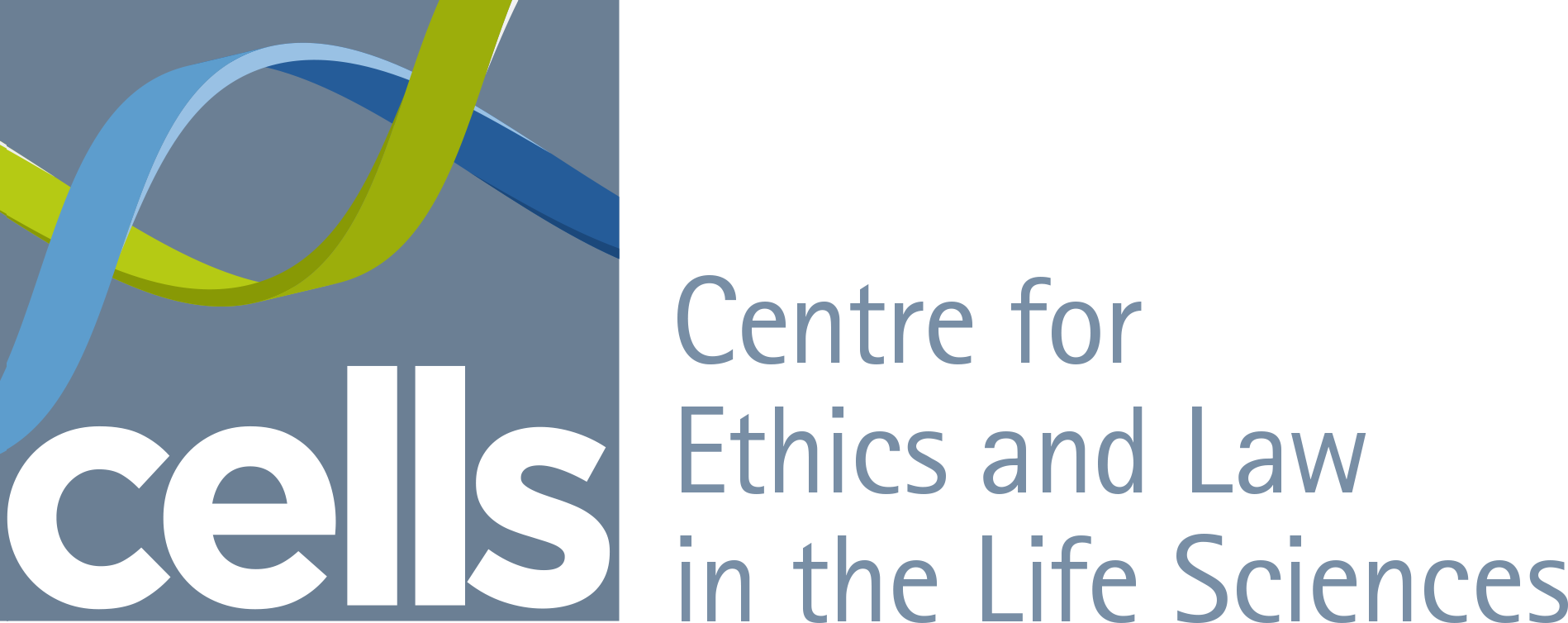Sponsor: Niedersächsisches Ministerium für Wissenschaft und Kultur
Duration: 2017 - 2021
Coordinator: André Bleich (Hannover Medical School)
CELLS contributors: Prof. Nils Hoppe; Simon Lohse
More information



Project Description
In 2014, about 2.8 million vertebrates and cephalopods were used in scientific procedures in Germany. Following the 3R principle, all scientists are bound to
- minimize animal suffering by optimized test conditions and improved animal welfare (refine)
- minimize the number of animals used per experiment (reduce)
- and, if possible, avoid or replace the use of animals by alternative methods (replace).
Most commonly used alternatives are tests on cell and tissue cultures (in-vitro) and examinations of isolated organs. But also IT-technology based models (in-silico) are more and more available. However, the development and validation of alternative methods take years of research. And finally the methods require acceptance by all stakeholders before any animal experiment can be replaced by an adequate and recognized alternative.
In Lower Saxony, Federal State in Northern Germany, so far, only single projects existed in this research field. Given the financial support of the regional Ministry of Science and Culture, the establishment of the scientific network R2N will bundle the efforts of interacting research groups and will also provide a platform for possible future collaborations to further enhance biomedical science.
The research unit “R2N – Reduce and Replace based in Lower Saxony” encompasses 15 different research groups within 5 institutions in Hannover and Göttingen. They aim at developing scientifically-sound alternative methods on all levels of biomedical science to either minimize the quantity of animals used, or to fully replace existing animal experiments.
Therefore, R2N research groups plan to implement methods in basic as well as in translational research. The projects cover infection biology, immunology, respiratory research, regenerative medical science, transplant and implant research, as well as toxicology and safety assessment. Furthermore, two projects – closely cooperating with the other groups – focus on ethical and juridical aspects related to the acceptance and implementation of alternative methods in research and regulation.







